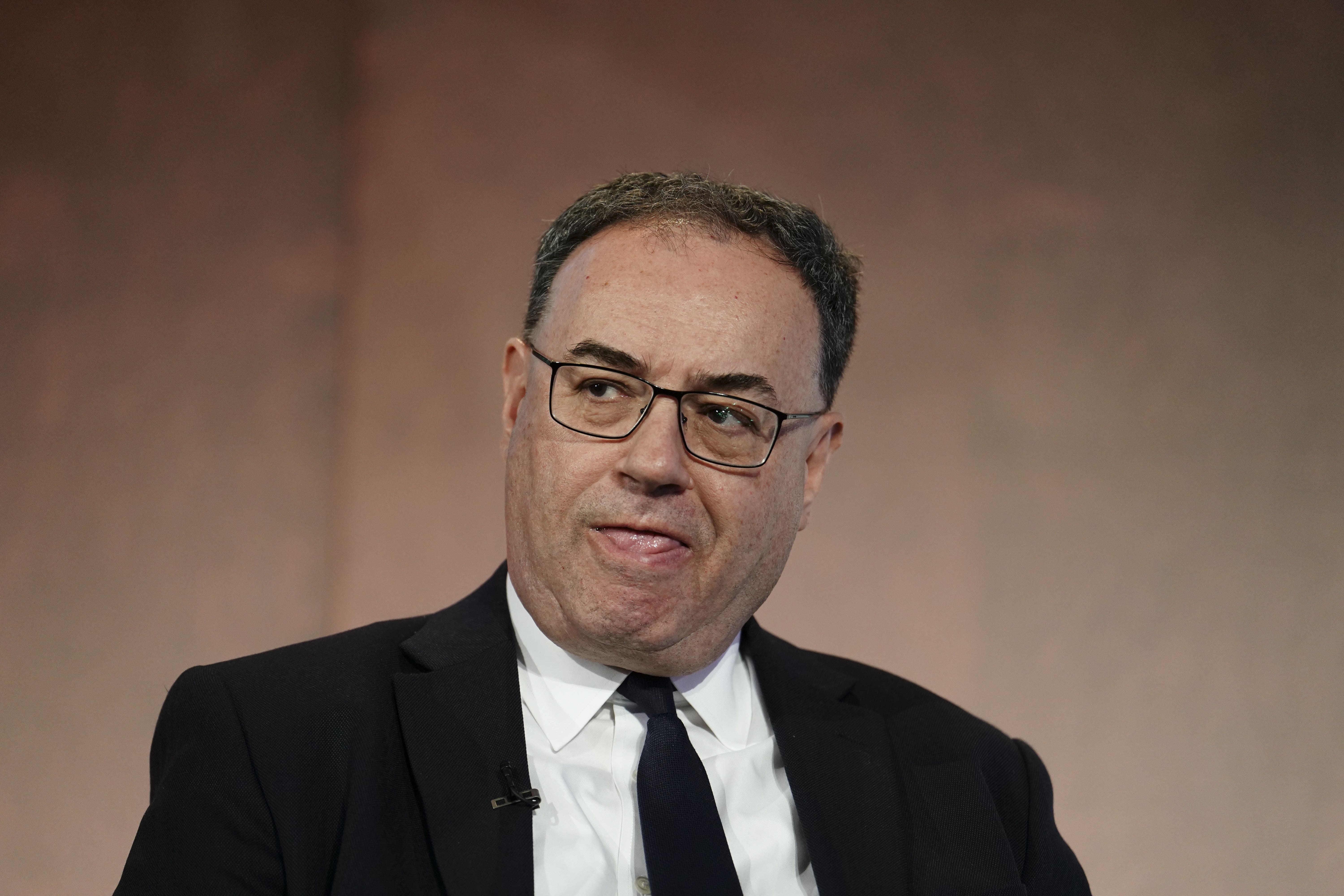Bank of England will not reduce balance sheet to pre-2008 levels, says Governor
Mr Bailey told MPs at a Treasury Committee session that the bank will hold on to more bonds to provide it with headroom.

Your support helps us to tell the story
From reproductive rights to climate change to Big Tech, The Independent is on the ground when the story is developing. Whether it's investigating the financials of Elon Musk's pro-Trump PAC or producing our latest documentary, 'The A Word', which shines a light on the American women fighting for reproductive rights, we know how important it is to parse out the facts from the messaging.
At such a critical moment in US history, we need reporters on the ground. Your donation allows us to keep sending journalists to speak to both sides of the story.
The Independent is trusted by Americans across the entire political spectrum. And unlike many other quality news outlets, we choose not to lock Americans out of our reporting and analysis with paywalls. We believe quality journalism should be available to everyone, paid for by those who can afford it.
Your support makes all the difference.The Bank of England will not return its balance sheet to levels from before the financial crisis, the central bank’s Governor has told MPs.
The bank started a programme of quantitative easing following the 2008 financial crisis, where it purchased government bonds.
Its balance sheet swelled to around £1 trillion after the start of the Covid-19 pandemic, as the institution increased asset purchases to £895 million in an effort to support the economy.
However, it has since contracted to £880 million after quantitative tightening, meaning the bank has reduced its stock of government bonds.
Mr Bailey told MPs at a Treasury Committee session that the bank will hold on to more bonds than it did before 2008 despite recent sales to provide it with sufficient headroom.
He said: “It’s about being able to use the balance sheet should we need to do so. Having the scope to act is very important.
“I do not envisage the balance sheet returning to what it was before quantitative easing started during the financial crisis.”
However, the bank’s deputy governor revealed it was likely to increase its pace of quantitative tightening in the future.
Sir Dave Ramsden told the committee: “There’s the potential for it to go up a little bit.
“I don’t see it going down, given the experience of the first year.”
It came as Mr Bailey also denied there was a link between recent quantitative tightening and pressures in the wider banking sector.
He said: “I don’t think there is any connection between quantitative tightening effects and the events in the banking system that we have seen in recent months, not least because the UK banking system has not experienced stress in recent months.
“As we discussed, the Silicon Valley Bank UK failure was a very idiosyncratic issue in that it was a subsidiary of a bank that failed in the US.”